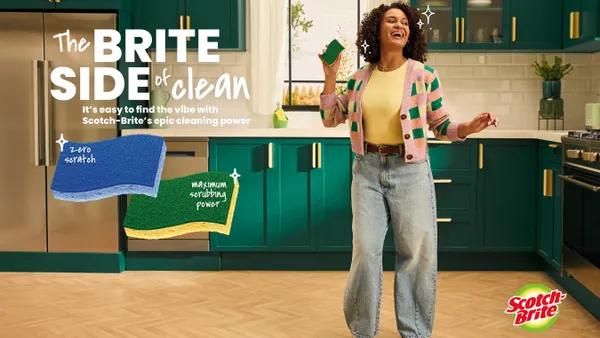Dive Brief:
- Adweek commissioned a survey of Gen Z and millennials for their views on Snapchat and Instagram. The study, conducted by Survata, found that 64% said Snapchat was “cooler” but given the choice to have only one of the apps, opinion was split almost evenly with 48.9% choosing Instagram and 51.1% Snapchat.
- Ads on both platforms were seen relatively negatively with most respondents saying they either “hate them” or “rarely notice them." 62.6% of respondents reported not being able to recall specific Instagram ads and 73% said the same of Snapchat.
- The survey polled 511 Instagram and Snapchat users between ages 13 and 34.
Dive Insight:
The survey lends more credence to media buzz that Gen Z-ers and millennials are obsessed with Instagram and Snapchat. However, the fact that most in those key demos either "hate" ads on both apps or — potentially even worse — simply don't notice or recall them at all shows that marketers are far behind in catering quality content to the platforms.
Instagram has 300 million active daily users and Snapchat about half that, but despite the disparity, Instagram — which is owned by Facebook — has been introducing new features that take a page from the competition, especially with Instagram Stories.
"There's no denying that Instagram's functionality has moved in a Snapchatty direction," Topher Burns, the group director of product innovation at Deep Focus, told Adweek.
The mimicry shows Instagram, despite its numbers lead, might be sweating the growing preference and popularity for "cooler" Snapchat. Facebook has made great efforts to replicate a Snapchat-esque product following a failed effort to buy the video messaging app for $3 billion in 2013.
Other findings include user reports of seeing more ads on Instagram than Snapchat, and around a quarter of respondents saying both apps will no longer be popular in five years as “the world will have moved on to something else.”
Before that migration occurs, marketers need to shape up and create content that's more memorable if they want to fully capitalize on the properties while they're hot.














